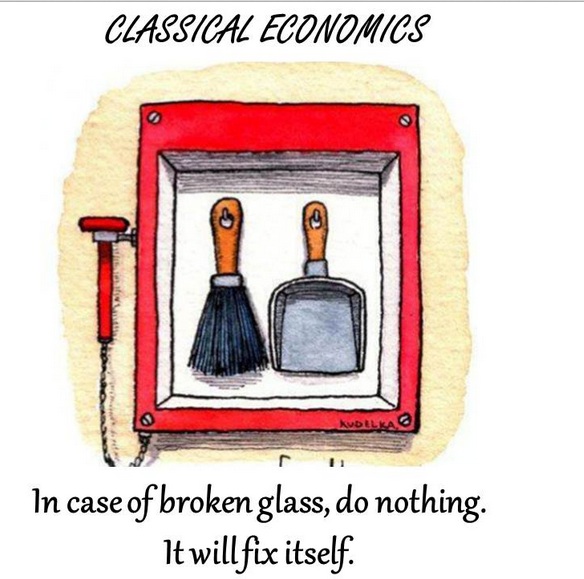George Will writes:
George Will writes: Every day the Chinese go to work, Americans get a raise: Chinese workers, many earning each day about what Americans spend on a Starbucks latte, produce apparel, appliances and other stuff cheaply, thereby enlarging Americans’ disposable income. Americans similarly get a raise when they shop at the stores that made Sam Walton a billionaire.
The ranks of billionaires are constantly churned. Most of the persons on the original Forbes 400 list of richest Americans in 1982 were off the list in 2013. Mark Zuckerberg, Facebook’s CEO, was not born until 1984. America needs more billionaires like him, Michael Dell, Bill Gates, Jeff Bezos and Steve Jobs. With the iPod, iPhone and iPad, unique products when introduced, Jobs’ Apple created monopolies. But instead of raising their prices, Apple has cut them because “profits attract imitators and innovators.” Which is one reason why monopolies come and go. When John D. Rockefeller began selling kerosene in 1870, he had approximately 4 percent of the market. By 1890, he had 85 percent. Did he use this market dominance to gouge consumers? Kerosene prices fell from 30 cents a gallon in 1869 to 6 cents in 1897. And in the process of being branded a menacing monopoly, Rockefeller’s Standard Oil made gasoline so cheap that Ford found a mass market for Model T’s.
Monopoly profits are social blessings when they “signal to the ambitious the wealth they can earn by entering previously unknown markets.” So “when the wealth gap widens, the lifestyle gap shrinks.” Hence, “income inequality in a capitalist system is truly beautiful” because “it provides the incentive for creative people to gamble on new ideas, and it turns luxuries into common goods.” Since 2000, the price of a 50-inch plasma TV has fallen from $20,000 to $550.
Henry Ford doubled his employees’ basic wage in 1914, supposedly to enable them to buy Fords. Actually, he did it because in 1913 annual worker turnover was 370 percent. He lowered labor costs by reducing turnover and the expense of constantly training new hires.
All these thoughts are from John Tamny, a one-man antidote to economic obfuscation and mystification. Thomas Carlyle (1795-1881), who called economics “the dismal science,” never read Tamny, a Forbes editor, editor of RealClearMarkets, and now author of the cheerful, mind-opening book, “Popular Economics: What the Rolling Stones, Downton Abbey, and LeBron James Can Teach You About Economics.”
In the early 1970s, when the Rolling Stones were coining money and Britain’s top tax rate was 83 percent, Keith Richards, lead guitarist and social philosopher, said: “That’s the same as being told to leave the country.” The Stones decamped to France, leaving Britain, Tamny notes, to collect 83 percent of nothing.

